Ukraine Proves There’s No Substitute for Hard Power
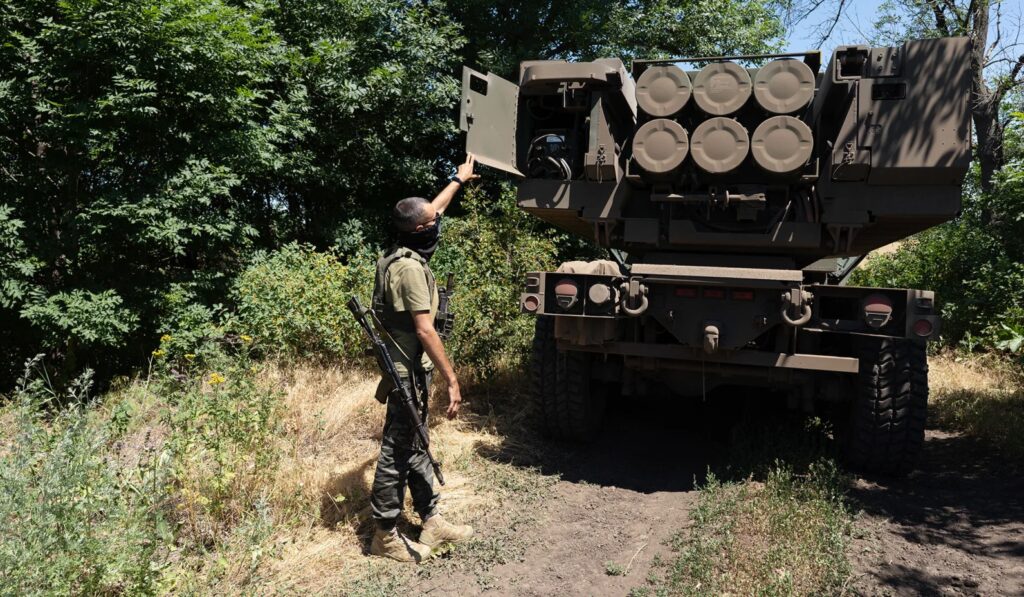
What we’ve been able to provide Ukraine that has been most telling hasn’t been diplomatic or moral support, but a system that can put a rocket on a target 50 miles away.

What we’ve been able to provide Ukraine that has been most telling hasn’t been diplomatic or moral support, but a system that can put a rocket on a target 50 miles away.
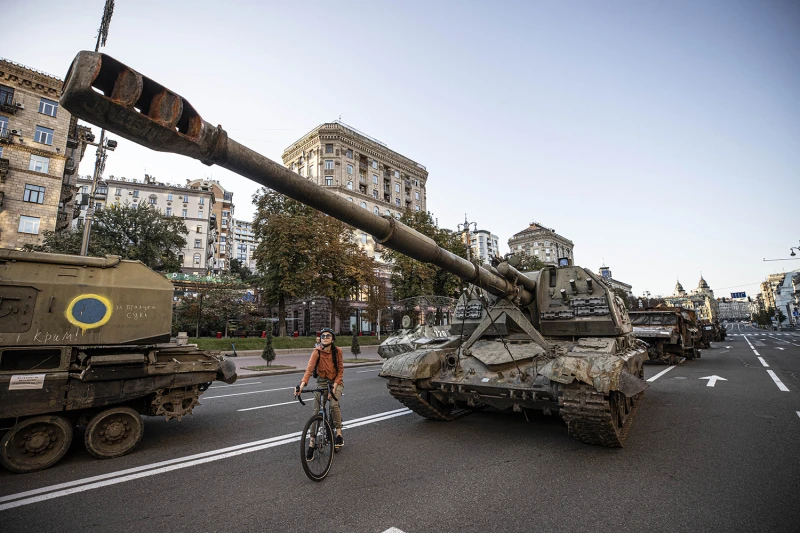
Right-wing nationalists are spreading a dangerous “stab-in-the-back” myth to explain Russia’s crushing defeats.
A new Russian protest movement is coalescing, but it’s neither pro-democracy nor anti-war. Instead, it’s the most extreme of Russian President Vladimir Putin’s supporters, who have grown increasingly furious at the unfolding military disaster for Russia in the six-month-long war in Ukraine. They want Putin to escalate the war, use more devastating weapons, and hit Ukrainian civilians even more mercilessly. And they’ve openly attacked the Russian military and political leadership for supposedly holding back Russia’s full might—even as they rarely mention Putin by name.
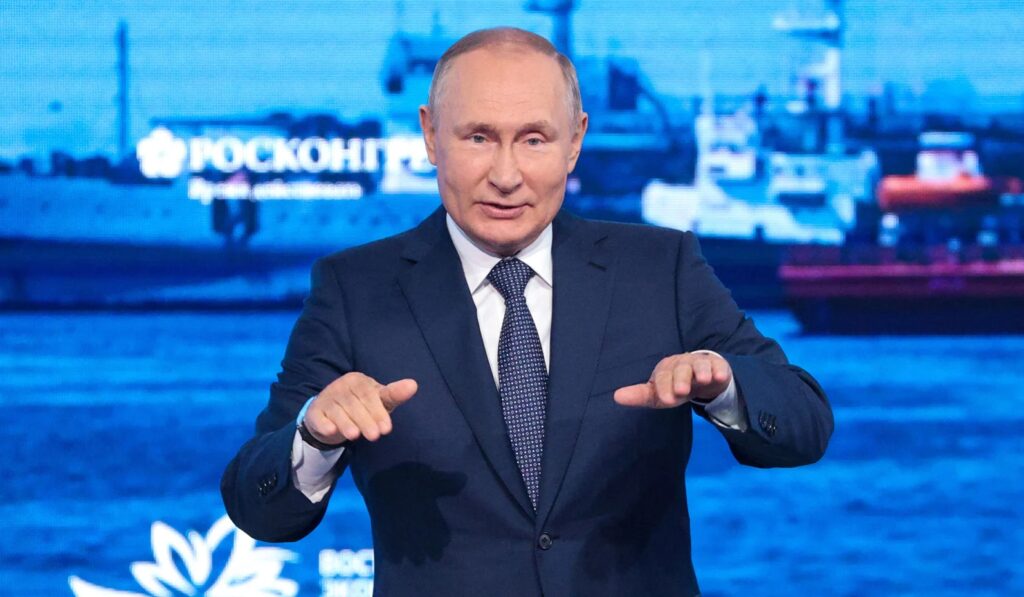
Russian president Vladimir Putin warned Wednesday that Russia would stop all energy exports to the West if Europe goes against its standing contracts and caps prices of Russian exports due to the country’s invasion of Ukraine.
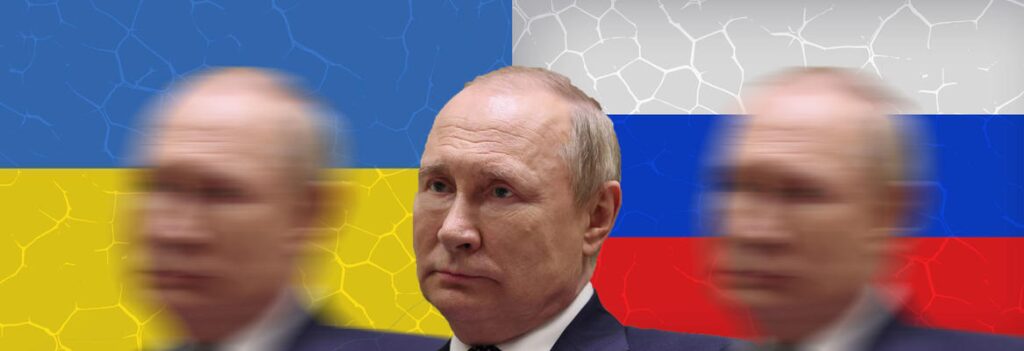
The retreat of Russia’s forces from the Kharkiv district marks the most significant defeat for Russia since the start of war in Ukraine. The conflict however, is far from over argues Tchantouridze, Putin will now seek to decimate Ukraine’s economic and military infrastructure in a war of attrition, knowing that if Russia incur and further losses in the Black Sea and Kherson, they could lose more than just the war.

Syrian and Russian forces attacked the training camps of Syrian armed rebel groups in the northwestern province of Idlib on Wednesday, the state-run Syrian Arab News Agency reported. The camps were targeted by Russian warplanes and Syrian missiles. An unspecified number of rebel fighters, including advisers and trainers from abroad, were killed or wounded in the coordinated Syrian-Russian strikes. SANA said the foreign trainers were teaching local rebels how to use drones in attacks on Syrian troops, and that the rebels’ positions, vehicles, and drones were destroyed during the attack.
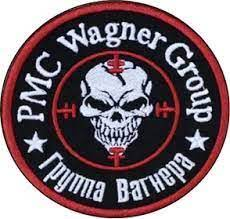
The Wagner Group – a Russian State-backed private military company (PMC) – has mounted a bloody campaign across Mali since December 2021, when the country’s ruling military junta contracted its support to counter the growing Salafi-jihadi threat posed by Al-Qaeda’s Sahelian affiliate, the Group for the Support of Islam and Muslims (GSIM), and the Islamic State’s Sahel Province (ISIS).
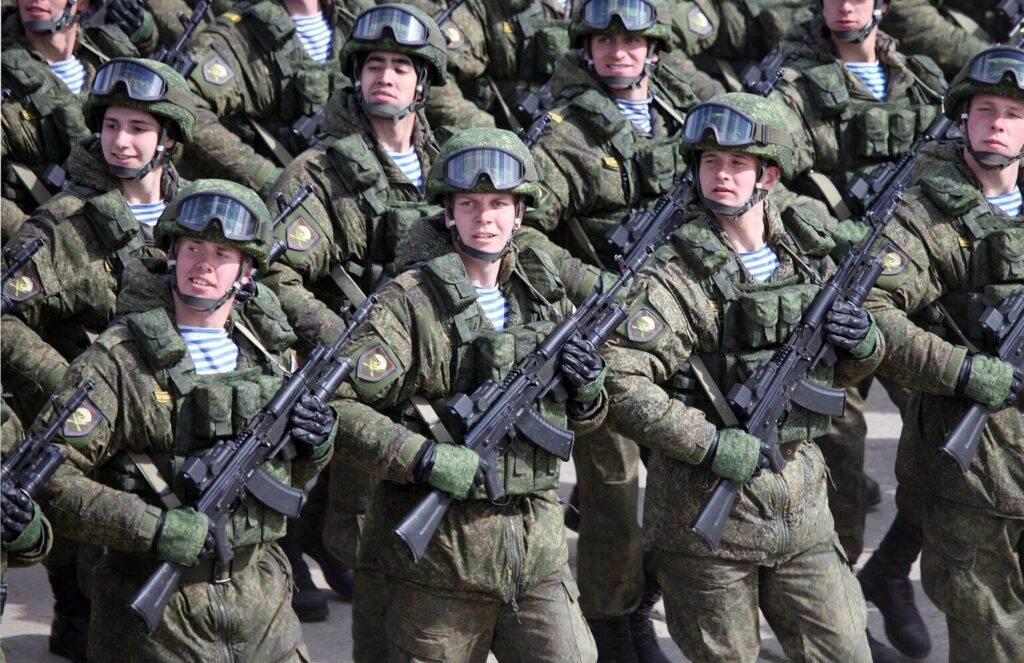
In Washington, wide agreement exists that the Russian army’s performance in the Kremlin’s ongoing Ukraine “special military operation” ranks somewhere between lousy and truly abysmal. The question is: Why? The answer in American policy circles, both civilian and military, appears all but self-evident. Vladimir Putin’s Russia has stubbornly insisted on ignoring the principles, practices, and methods identified as necessary for success in war and perfected in this century by the armed forces of the United States. Put simply, by refusing to do things the American way, the Russians are failing badly against a far weaker foe.
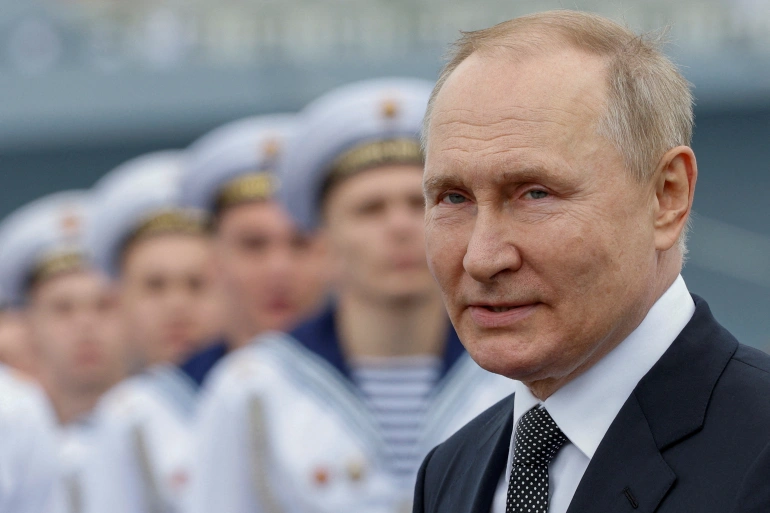
PM Mishustin would become acting president and elections would be held, but experts say the substance of a post-Putin Russia is tough to predict.
In recent months, the health of Russian President Vladimir Putin has been the subject of much speculation, with claims that he has cancer, Parkinson’s, or has even survived an assassination attempt.
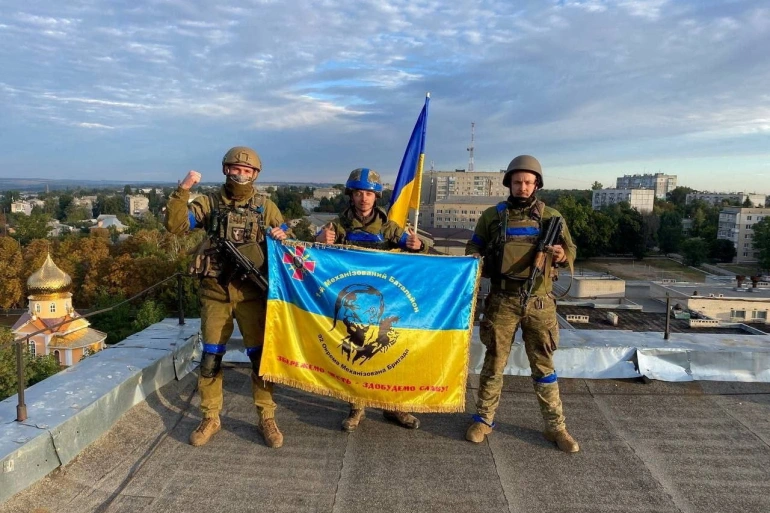
Ukraine has managed to turn the tide of war, at least for now. What may happen next?
The speed of the Ukrainian military’s counteroffensive in the eastern Kharkiv region is nothing short of breakneck.
Three dozen towns and villages have been liberated from the Russian forces who fled eastwards and offered little or no resistance, analysts say.
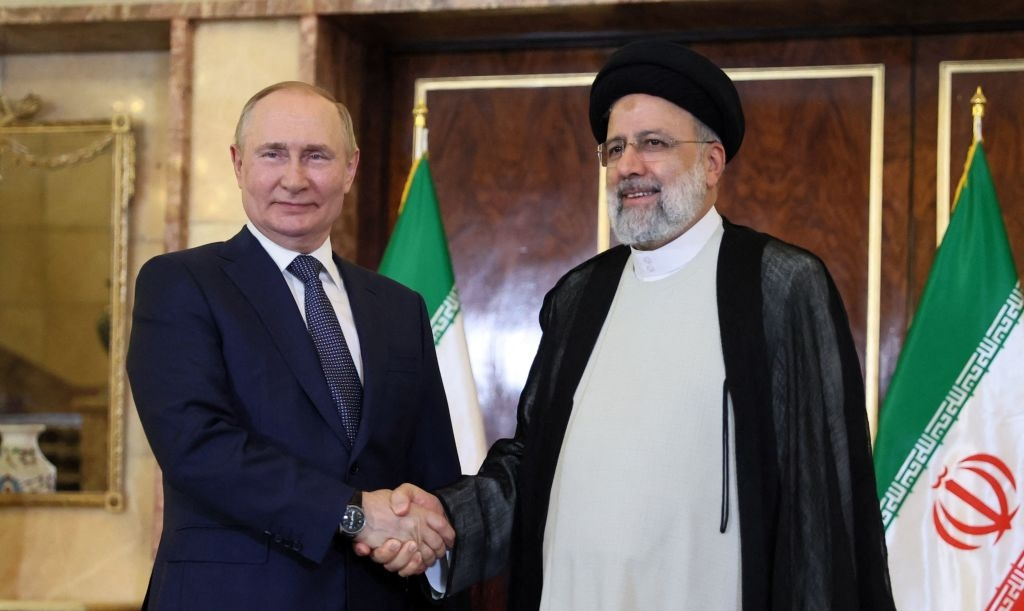
Significantly, Russia and Iran’s cooperation extends to the military and space fields, with Russia recently helping Iran to launch a new satellite into space.
Iran’s Khayyam satellite “will greatly enhance Tehran’s ability to spy on military targets across the Middle East… [and give] Tehran “unprecedented capabilities, including near-continuous monitoring of sensitive facilities in Israel and the Persian Gulf.” — The Washington Post, August 4, 2022.